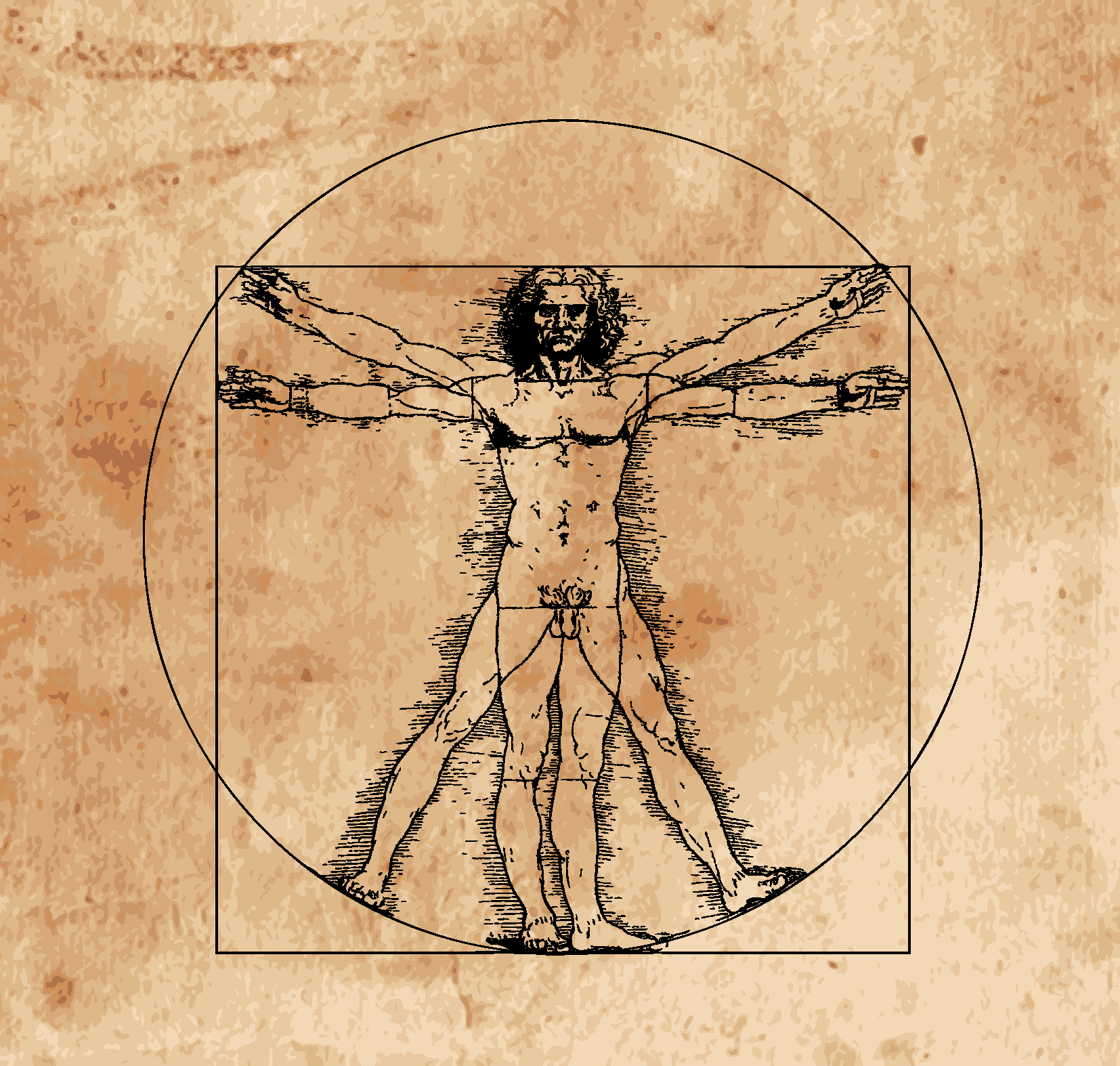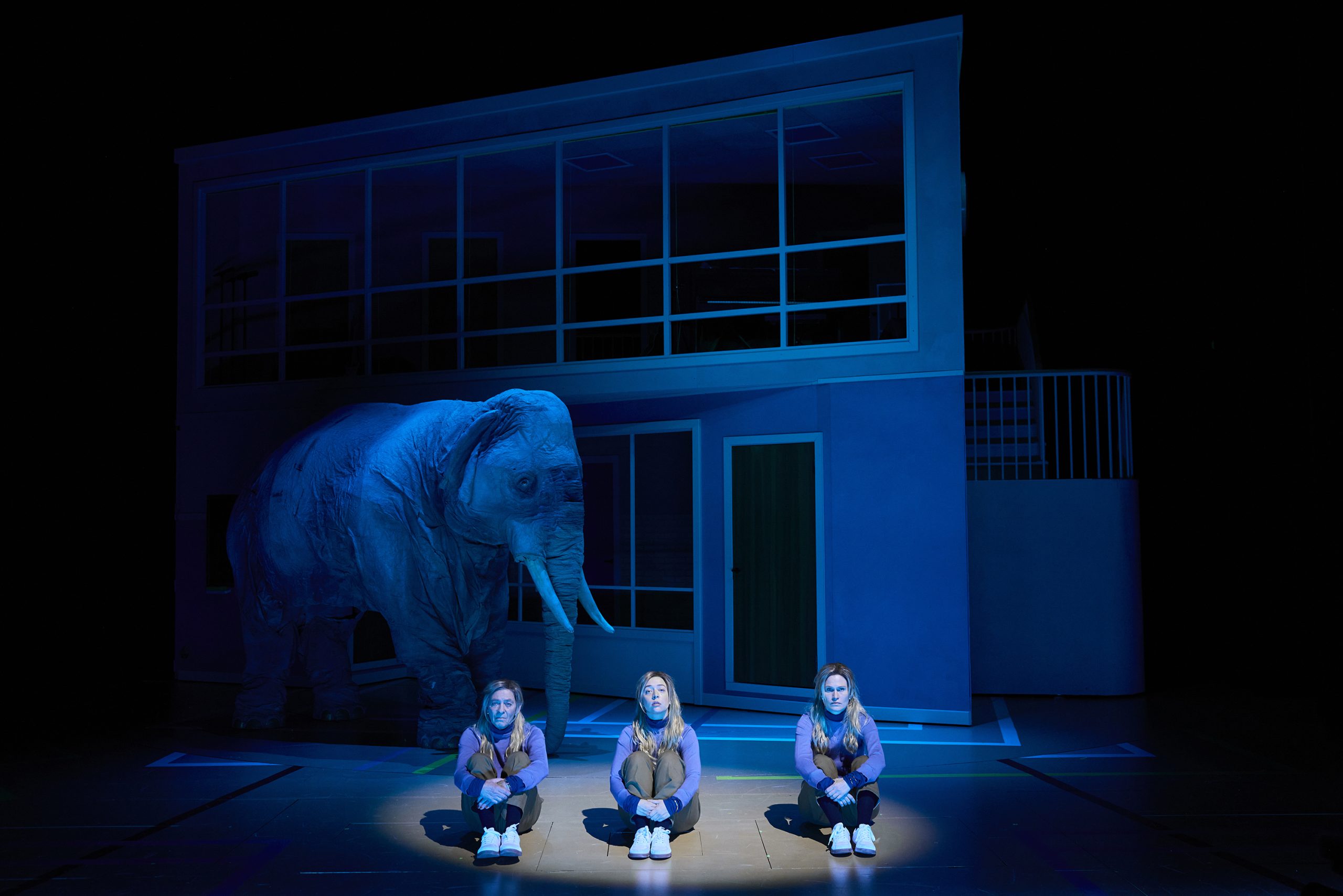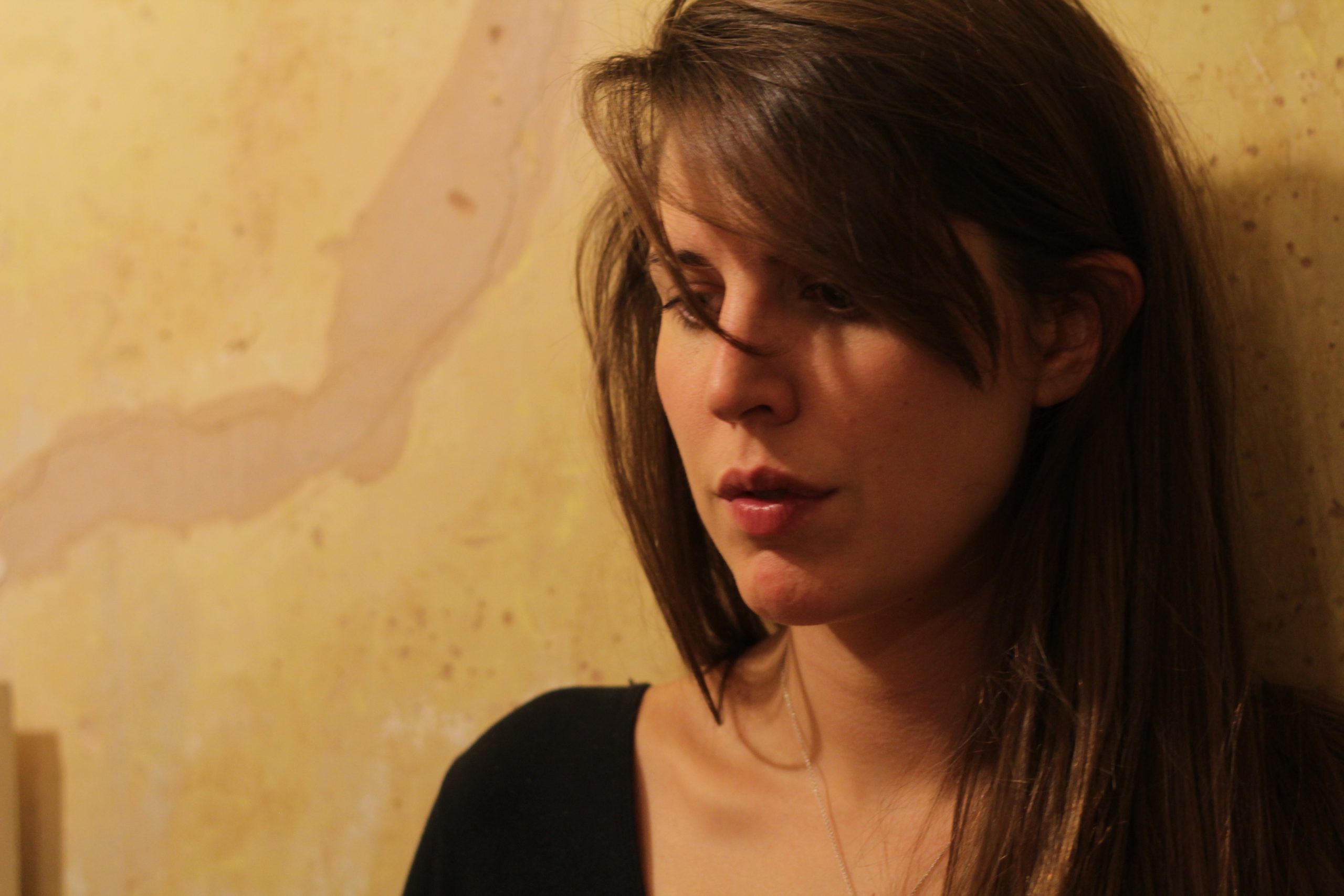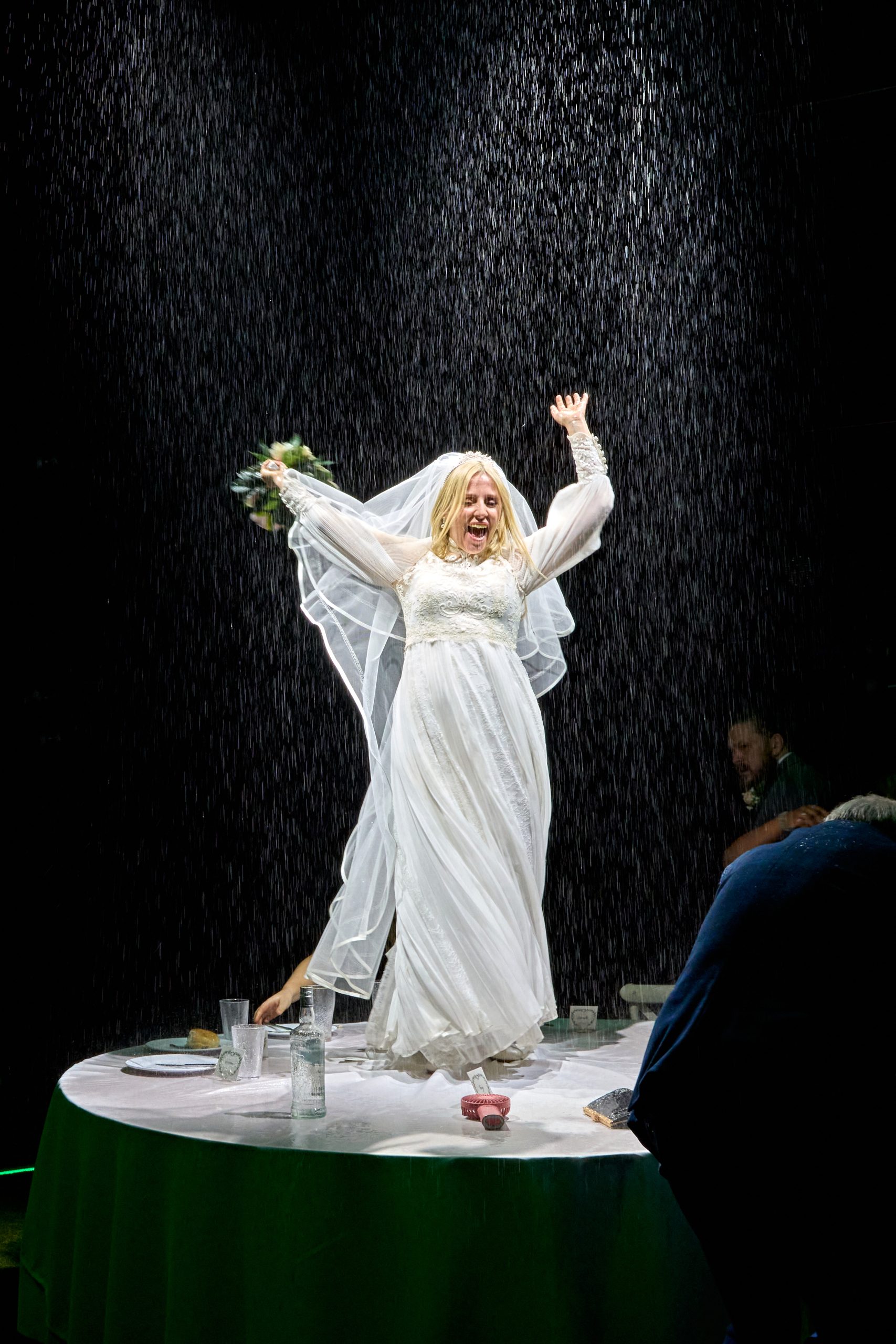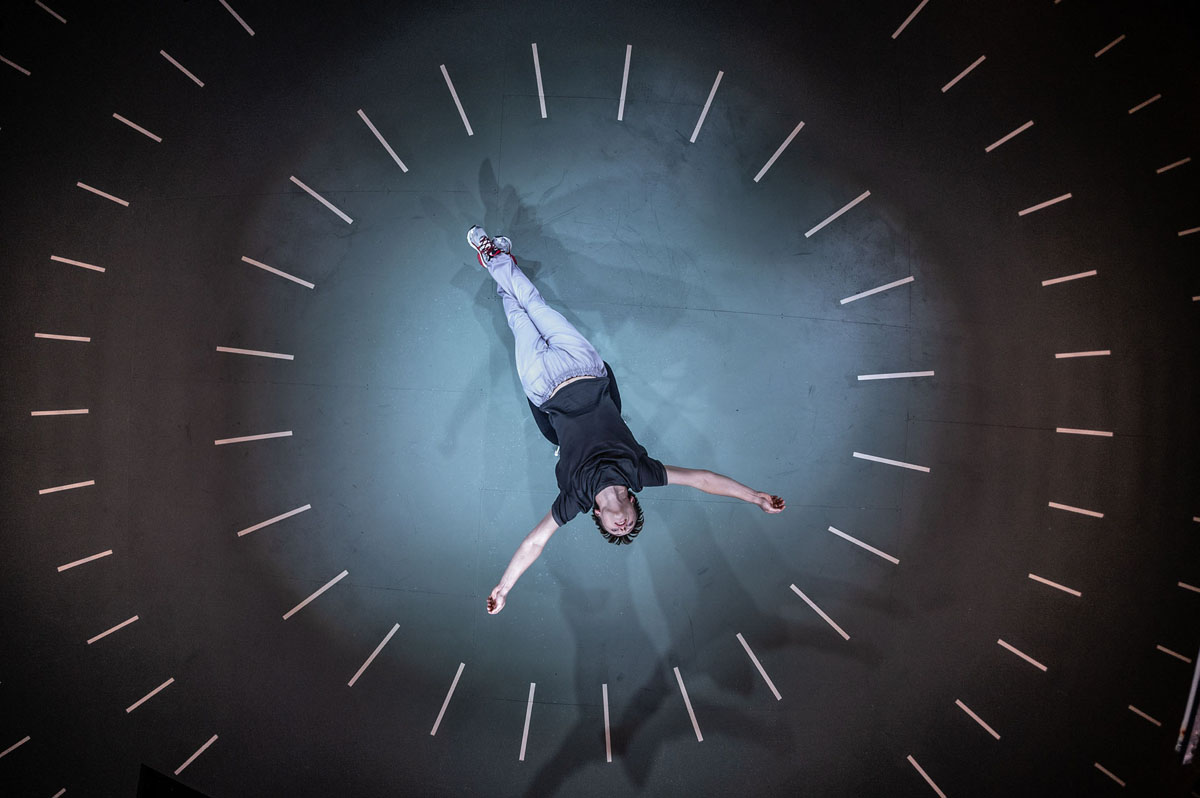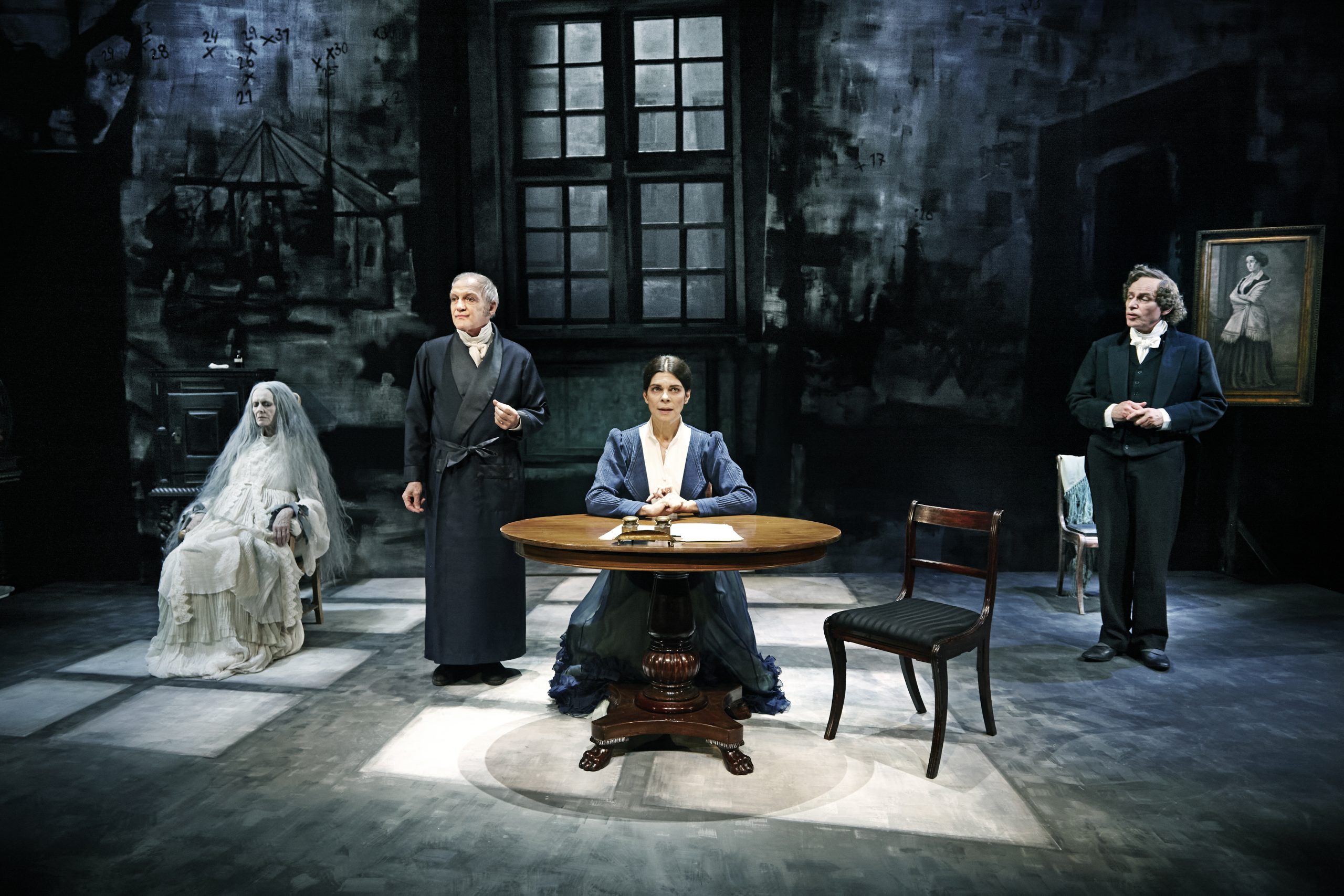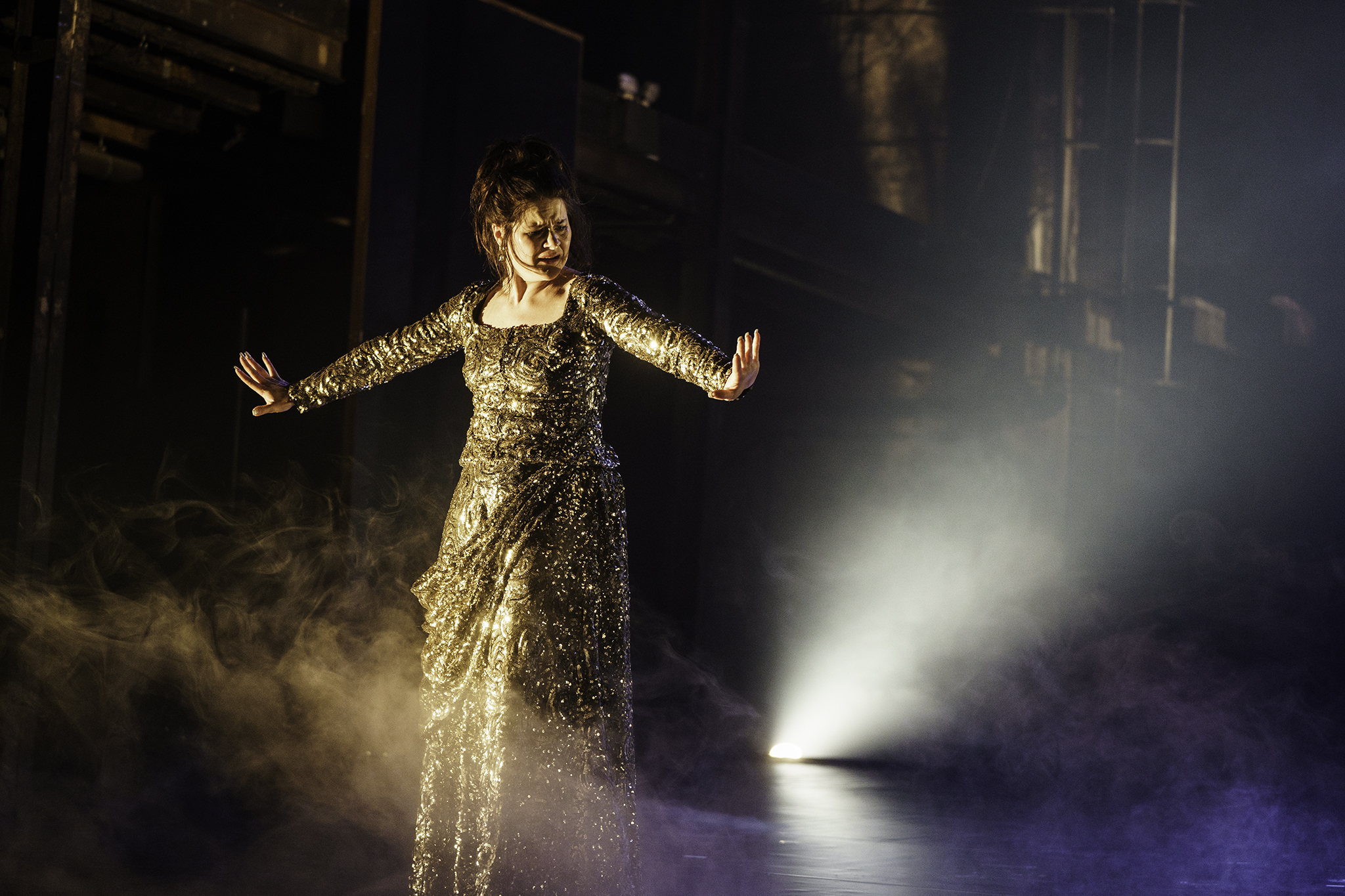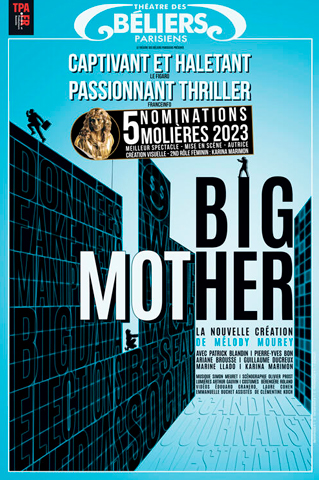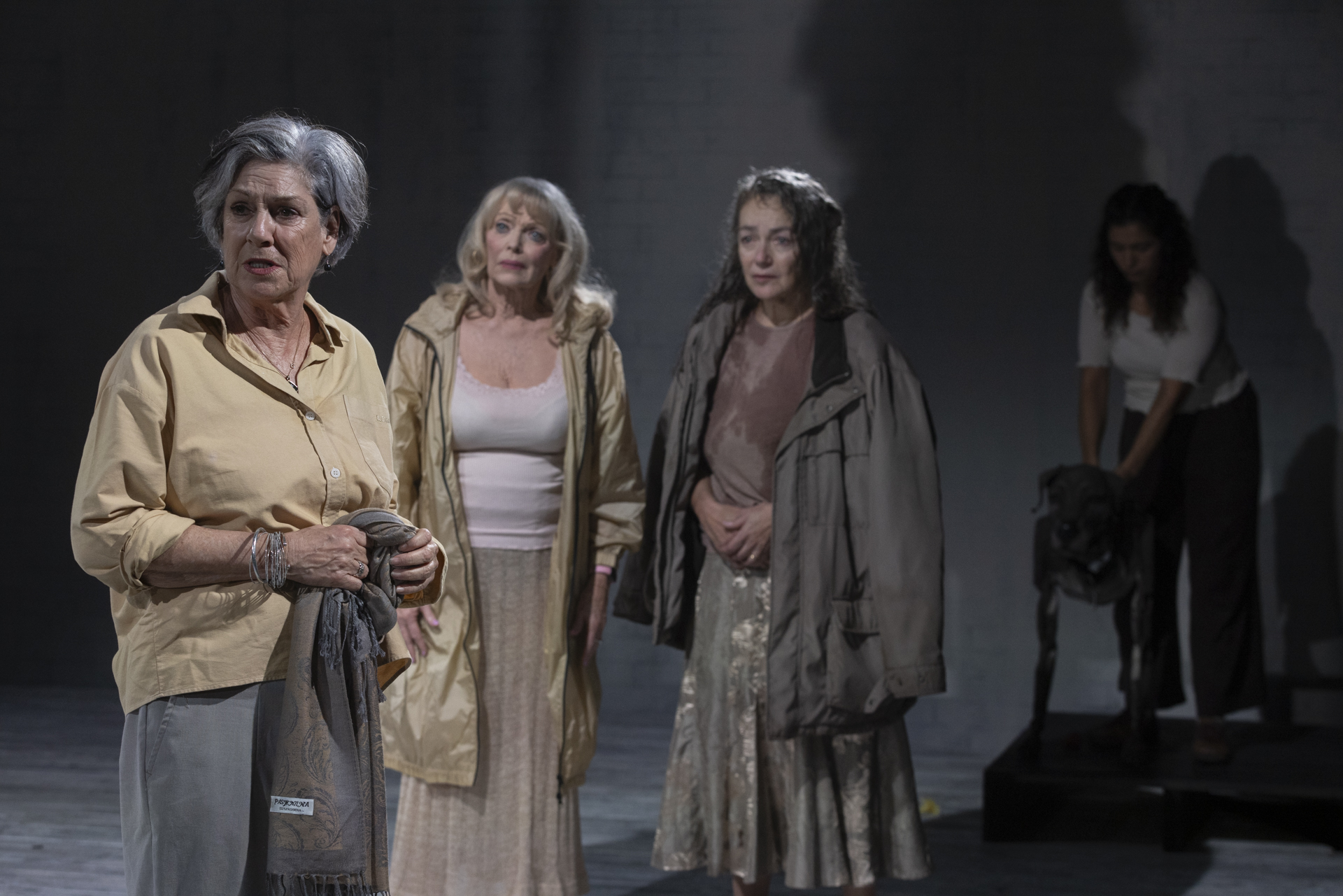Elfriede Jelinek (née 1946) is an Austrian novelist and playwright noted for her controversial works on gender relations, female sexuality, and popular culture. She was awarded the Nobel Prize for Literature in 2004. Jelinek was educated in Vienna; a combination of her academic studies with a rigorous programme of musical training at the Vienna Conservatory contributed in part to her emotional breakdown at age 17. It was during her recovery that Jelinek turned to writing as a form of self-expression and introspection. Following studies at the University of Vienna, she made her literary debut in 1967 with a collection of poems: “Lisa’s Shadow” followed by her first published novel: “We’re Decoys, Baby!”(1970). Using language and structural interplay of class consciousness as a means to explore the social and cultural parameters of dependency and authority, she earned critical recognition for: “Michael: A Young Person’s Guide to Infantile Society” (1972). A polemic feminist, Jelinek often wrote about gender oppression and female sexuality. In the satire “Women as Lovers”, (1975/1994), she described the entrapment and victimization of women within a dehumanizing and patriarchal society. Her semi-autobiographical novel “The Piano Teacher”, (1983/1988) addressed issues of sexual repression; it was adapted for the screen in 2001. In her writings, Jelinek rejected the conventions of traditional literary technique in favour of linguistic and thematic experimentation. Jelinek’s most notable plays are “What Happened After Nora Left Her Husband” or “Pillars of Society” (1994), which she wrote as a sequel to Henrik Ibsen’s “A Doll’s House”, ”Clara S.”(1997) and “Bambiland” (2003).
Elfriede Jelinek
AuthorSCHWARZWASSER
AuthorSPORTCHOR
AuthorEIN SPORTSTÜCK
AuthorAM KÖNIGSWEG
AuthorSCHATTEN
AuthorDIE SCHUTZBEFOHLENEN
AuthorBABEL (Elfriede Jelinek)
AuthorPrivate: NACH NORA
AuthorABER SICHER
AuthorFAUSTIN AND OUT
AuthorWINTERREISE
AuthorÜBER TIERE
AuthorDAS WERK
AuthorDAS LEBEWOHL
AuthorWUT
AuthorWOLKEN.HEIM.
AuthorIN DEN ALPEN
AuthorBAMBILAND

















